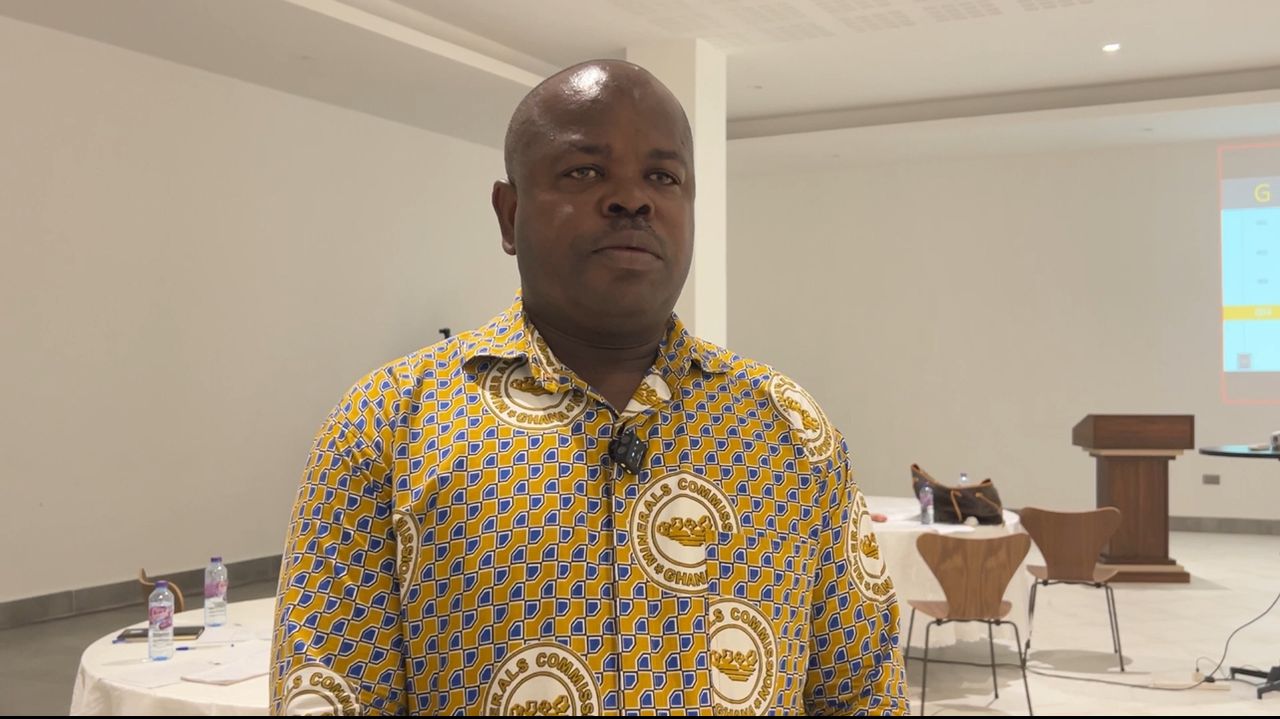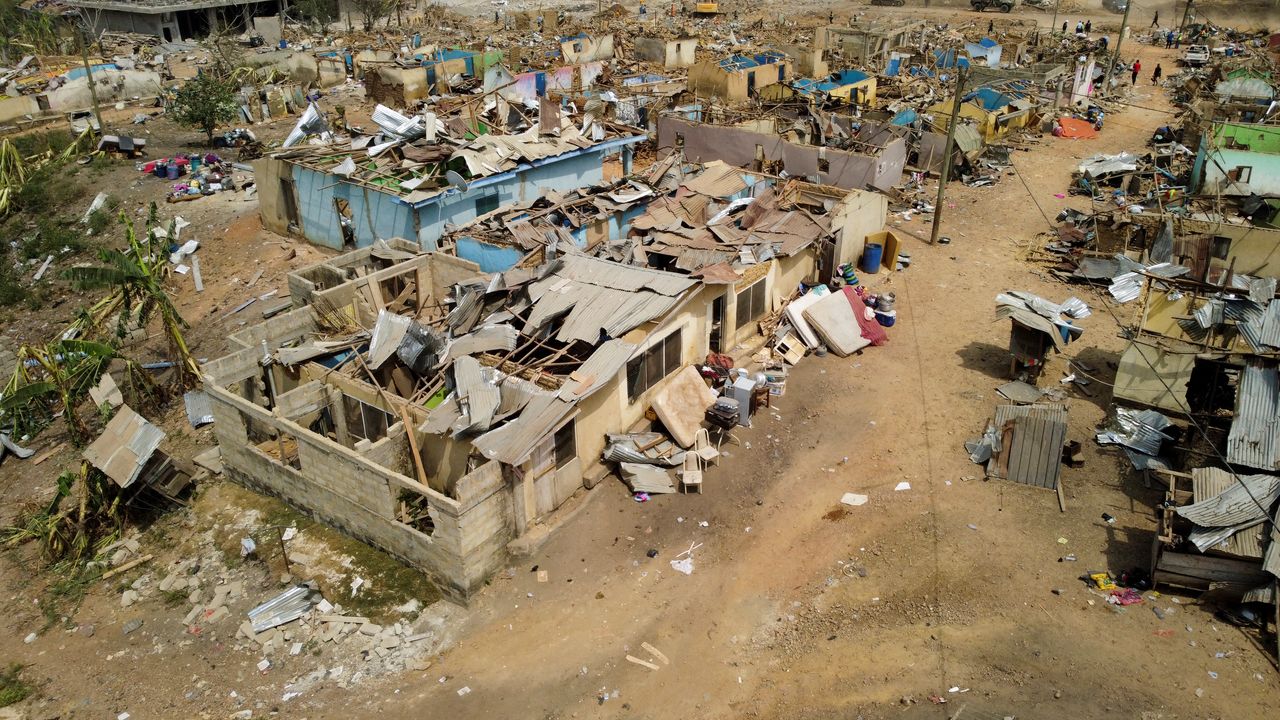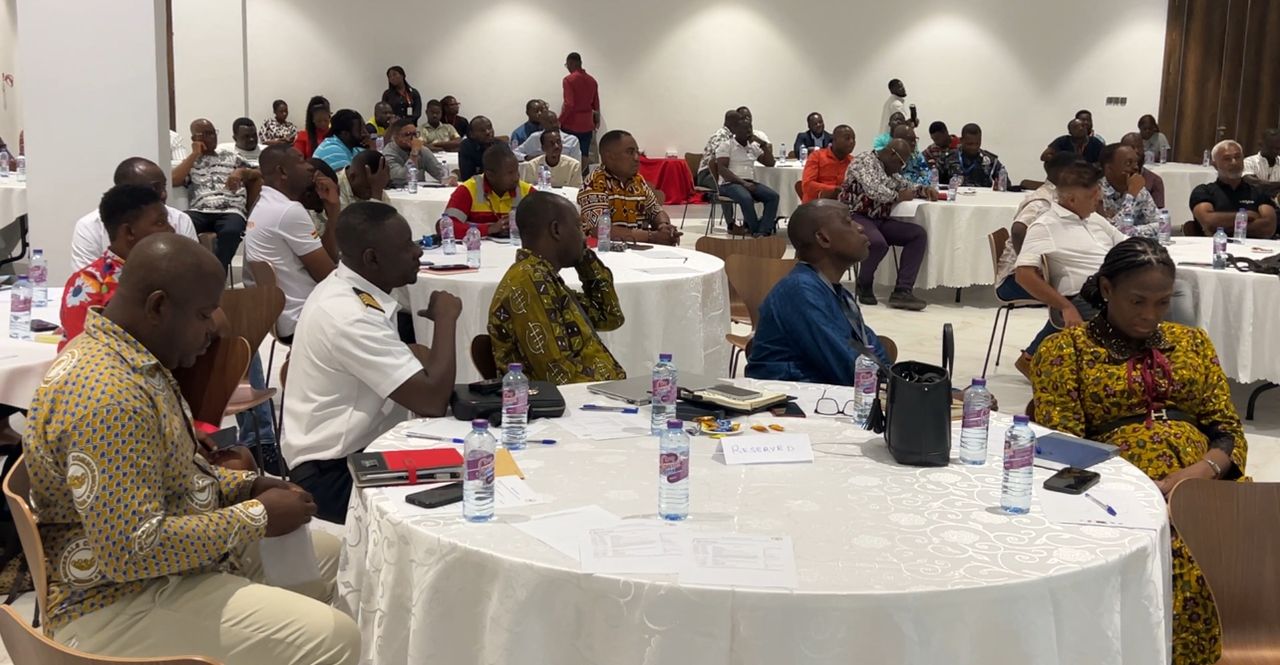The Western Regional head of the Minerals Commission, Francis Annobil Jnr., has appealed to the public to report transporters or individuals engaging in reckless transportation of explosives and ammonium nitrate.
Speaking at the Explosives and Ammonium Nitrate Management workshop in Takoradi Wednesday, March 05, 2025, he cautioned that the Western region was at a higher risk of explosions compared to other regions of the country.
Annobil noted that the Commission has learned valuable lessons from the Appiatse incident, which has informed their strategies to prevent similar tragedies in the future.
Following the devastating Appiatse and the Anto Aboso explosions, all in the Western Region, the safe handling of explosives and ammonium nitrate has become a pressing concern within the quarry and mining communities.
It is in response to this that the Western Regional office of the Minerals Commission has decided to engage the transporters in a dialogue, with emphasis on the critical importance of safe transportation, storage, and handling of explosives.
Speaking on the dangers of transporting explosives and ammonium nitrate at an engagement, the Western Regional Head of the Minerals Commission, Francis Annobil Jnr, cautioned that the Western Region faces a higher risk of explosions compared to other regions.

“The Western Region poses a higher risk due to the concentration of companies handling Ammonium nitrate in this area. The majority of imports come through the Takoradi port, and storage facilities are predominantly located within the region before distribution to other areas. While the risk is elevated, we are proactively managing it to ensure safety,” he stated.
He appealed to the public to report any reckless transporter, adding that the Commission has learned valuable lessons from the Appiatse incident.
“The Appiatse incident, which occurred during the transportation of Ammonium Nitrate, was a pivotal learning experience. As a result, stringent measures have been implemented. Previously, the law permitted the transportation of Ammonium Nitrate fuel, but this practice has since been abolished.
“Now, mixing is only allowed on-site, and the product must be transported to the site before mixing can occur. This revised protocol is a direct response to the lessons learned from the Appiatse incident,” he indicated.
Western Regional Chief Inspector of Mines Desmond Boahene, who spoke about the legal requirements for the transportation of explosives, mentioned the penalties for flouting them.
“There are some provisions that have penalties depending on the contraventions what breach there is will be leveled the penalties but there is a general penalty under the regulations 7 which called for whenever there is no penalty to a contravention then that will be leveled against you and that is you can go to prison three to six months or you pay 50 to 100 penalty unit,” he mentioned.
By Ebenezer Atiemo















